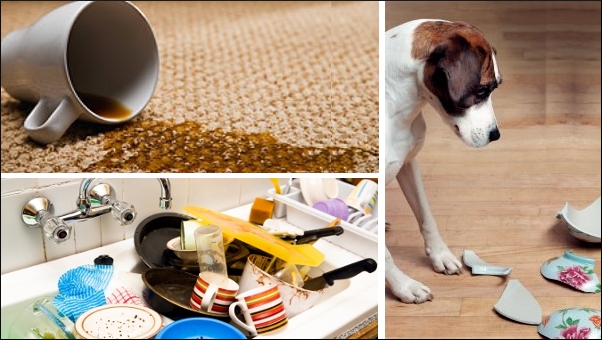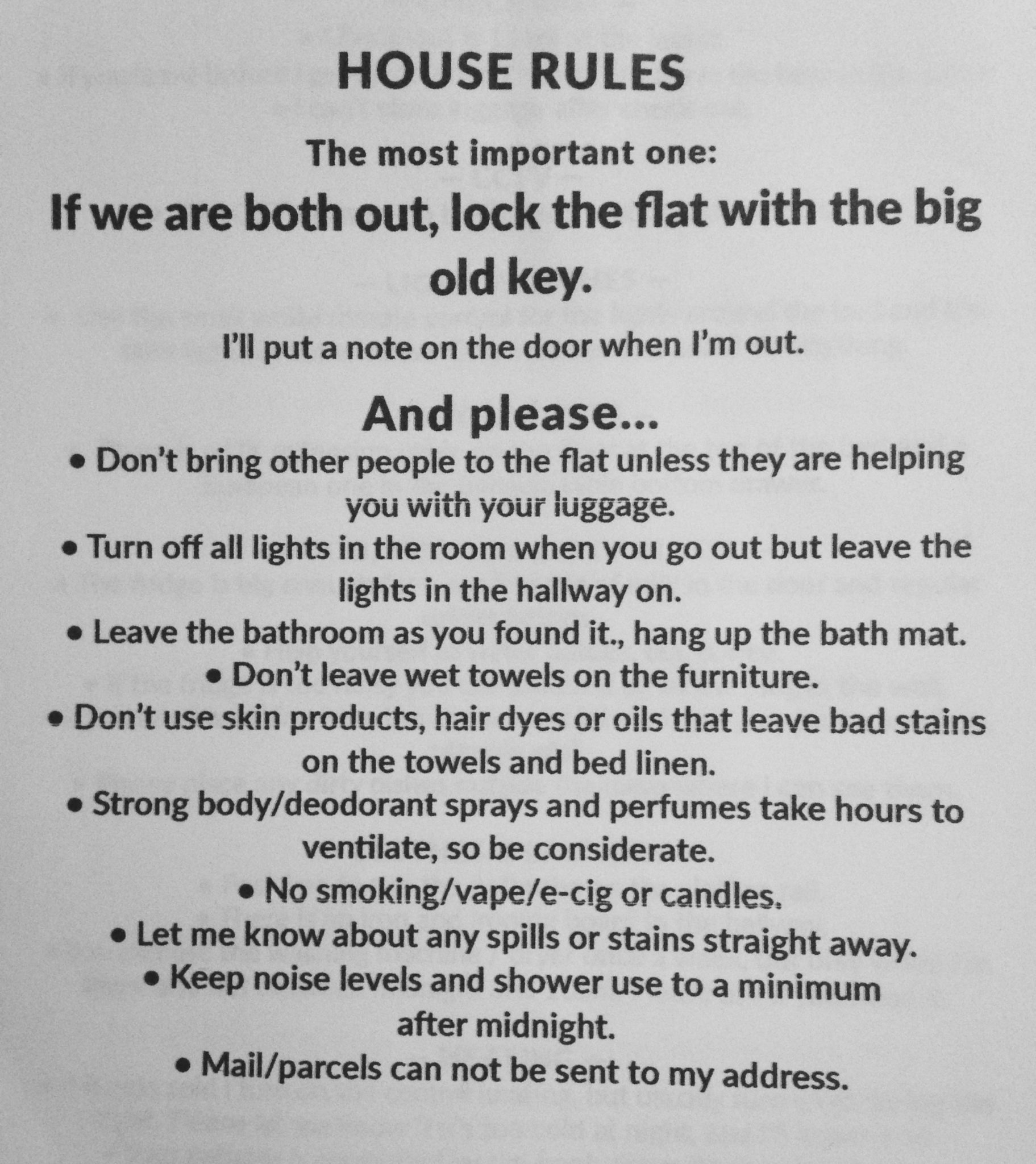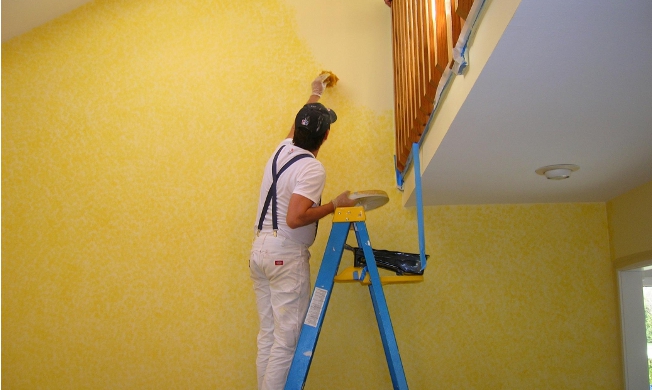
For several vacation home owners it is a dilemma as to how much security deposit he should take from renters or if he should take a security deposit at all. Owners seem to be confused on how much to charge, when to charge, when to refund, and when to withhold damages. So I thought we should do an article on this topic.
Ideally there are two different deposits that you would be charging a renter (three in case you allow pets):
Reservation Deposit: This is the amount of money the renter needs to pay upon booking to enable the owner to prepare and send the rental agreement. This is basically a part of the total rental. This is also known as the booking amount.
Security Deposit: This is the amount that the owner holds until after the renters have left the property in case the property has incurred any damages. This amount is in addition to the rental that the renter pays. This is also known as the damage deposit. This amount is refundable in case there is no damage to the property.
Pet Deposit: If your property is a pet-friendly one, a refundable amount of money in addition to the rental should be paid by the renter, which is refunded after the guests’ checkout.
HOW MUCH SHOULD BE THE SECURITY DEPOSIT:
The thumb rule is that the security deposit should be substantial enough to cover any damage by renters during their stay. The typical security deposit should be at least USD 400-500 or 10% of the rental rate, whichever is greater. However your rental agreement should clearly state that the security deposit is not the maximum that can be charged and that all damages will be billed on actuals to guests.
In many cases owners have encountered situations where the security deposit comes as a barrier for bookings. To do away with such situations, the owner can do a pre-authorization on the renter’s credit card which will not only ensure that you are protected in the event of damage, but you are simply putting a hold on this money instead of charging the guest.
This brings us to two important questions: ‘How do I know if there is any damage to the property?’ And ‘When should I return the security deposit to the renter?’
If you are not stationed in the property, you need to rely on the caretaker or the property manager to look for and report any damage to you after the guests have checked out. It is advisable to keep a list of the things you have in the holiday home with the caretaker/ property manager which will make his job easier. Also make it a rule for guests to do an inspection of the property upon arrival so that they can report anything broken or damaged. That way, if any damage is discovered after they checkout that was not initially reported, you can easily bring it to their notice.
As regard to returning the security deposit to renters, it should be done after you had a thorough inspection of the property personally or with the help of your caretaker/ property manager.
WITHHOLDING MONEY FROM THE SECURITY DEPOSIT:
Owners should understand that there will be normal wear and tear to the property and the security deposit should not be a means to make additional money from renters. Only if you find that any damage had been caused due to negligence or violation of the terms outlined in the rental agreement, you should withhold a part or the entire security deposit to cover your damages. In case you deduct any part of the security deposit, make sure that you keep all receipts associated with the repair or replacement of the item. However, before you deduct any amount from the security deposit try to evaluate a minor damage from a major one. There may be some minor damages which you should let go to keep the goodwill with your guests rather than withholding their security deposit.
DAMAGE EXCEEDING SECURITY DEPOSIT:
This is a difficult situation. If the renter despite the extensive damage had not apprised you of the same, there are real slim chances he will pay. The best way or the only option left is to speak to the renter directly and send him the evidence of the damage by taking pictures and sending him copies of estimates calculated by professionals needed to repair the same. If he declines to pay, you can take legal recourse, provided you have a strong rental agreement wherein all terms and conditions of damage has been outlined and signed by the renter before he checked-in. Meanwhile if you detect any damage after you have returned the security deposit, there are little chances of proving that the guest was at fault. Take these cases as a good learning experience.
To get more information & assistance, please submit the form below and our specialist will get in touch with you at the earliest.









